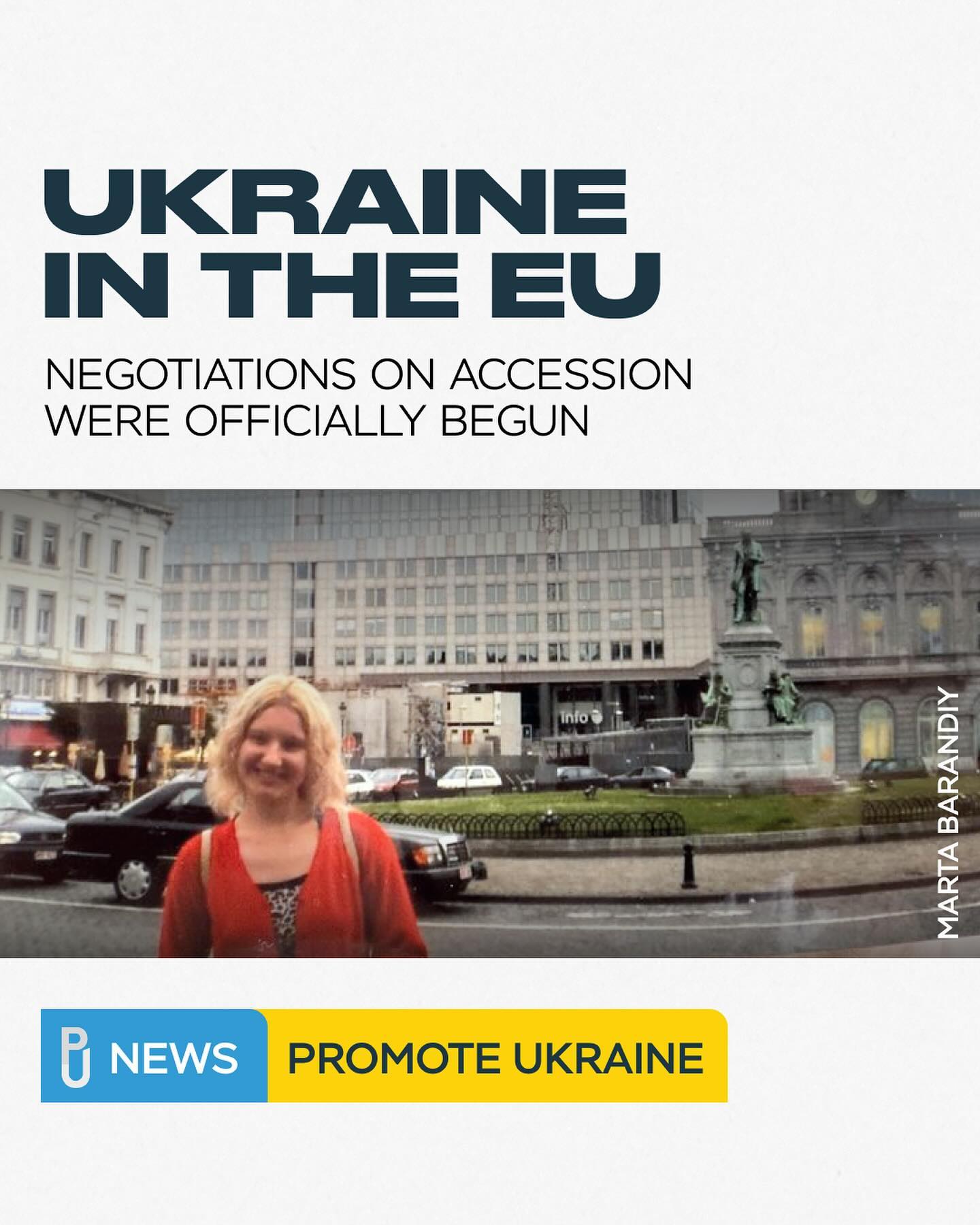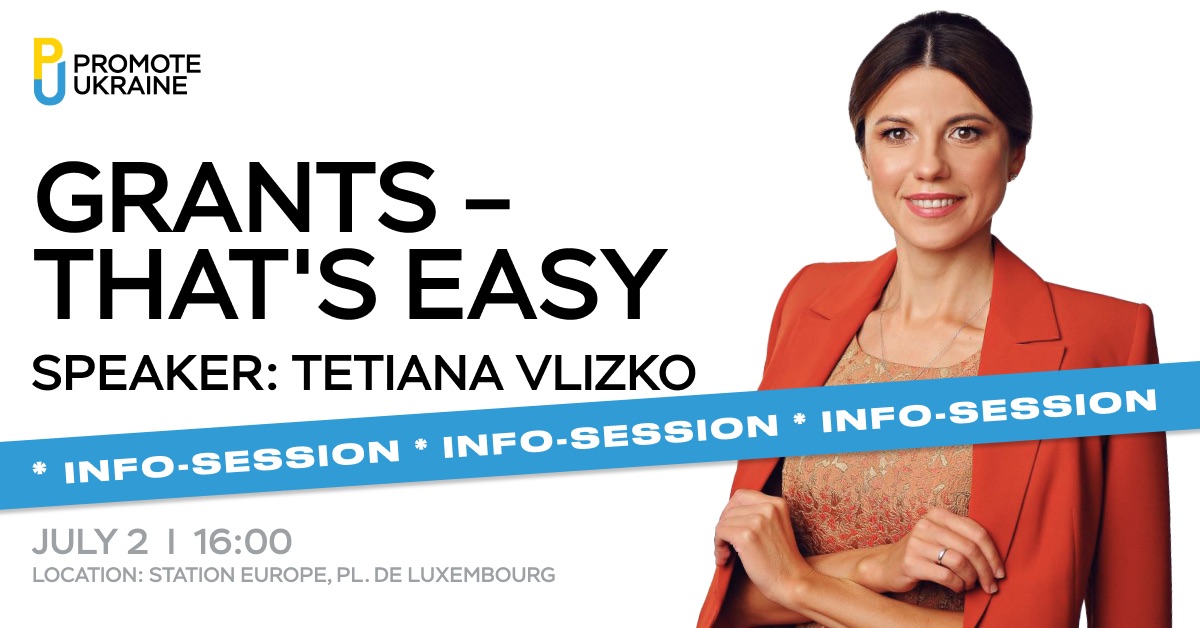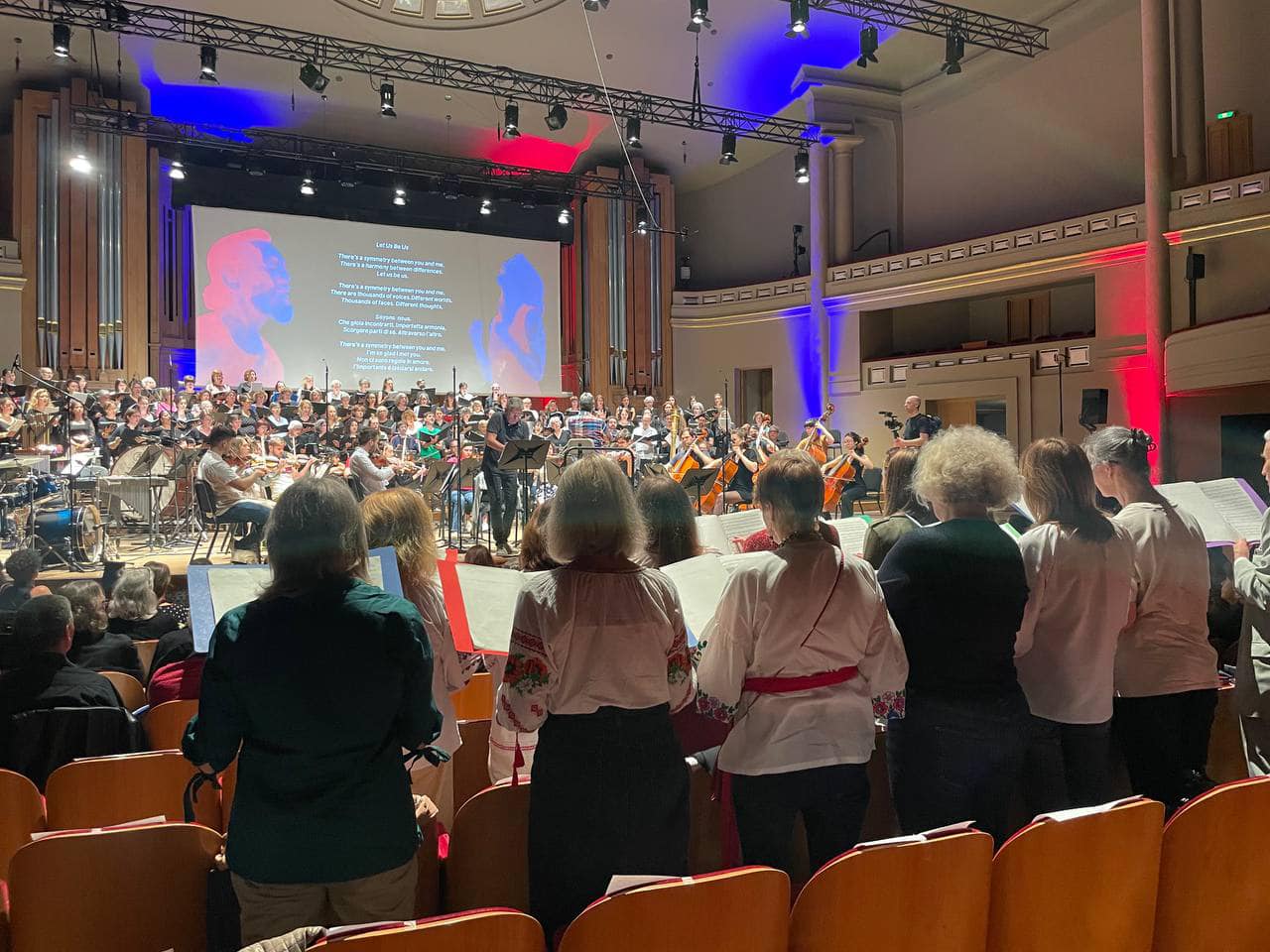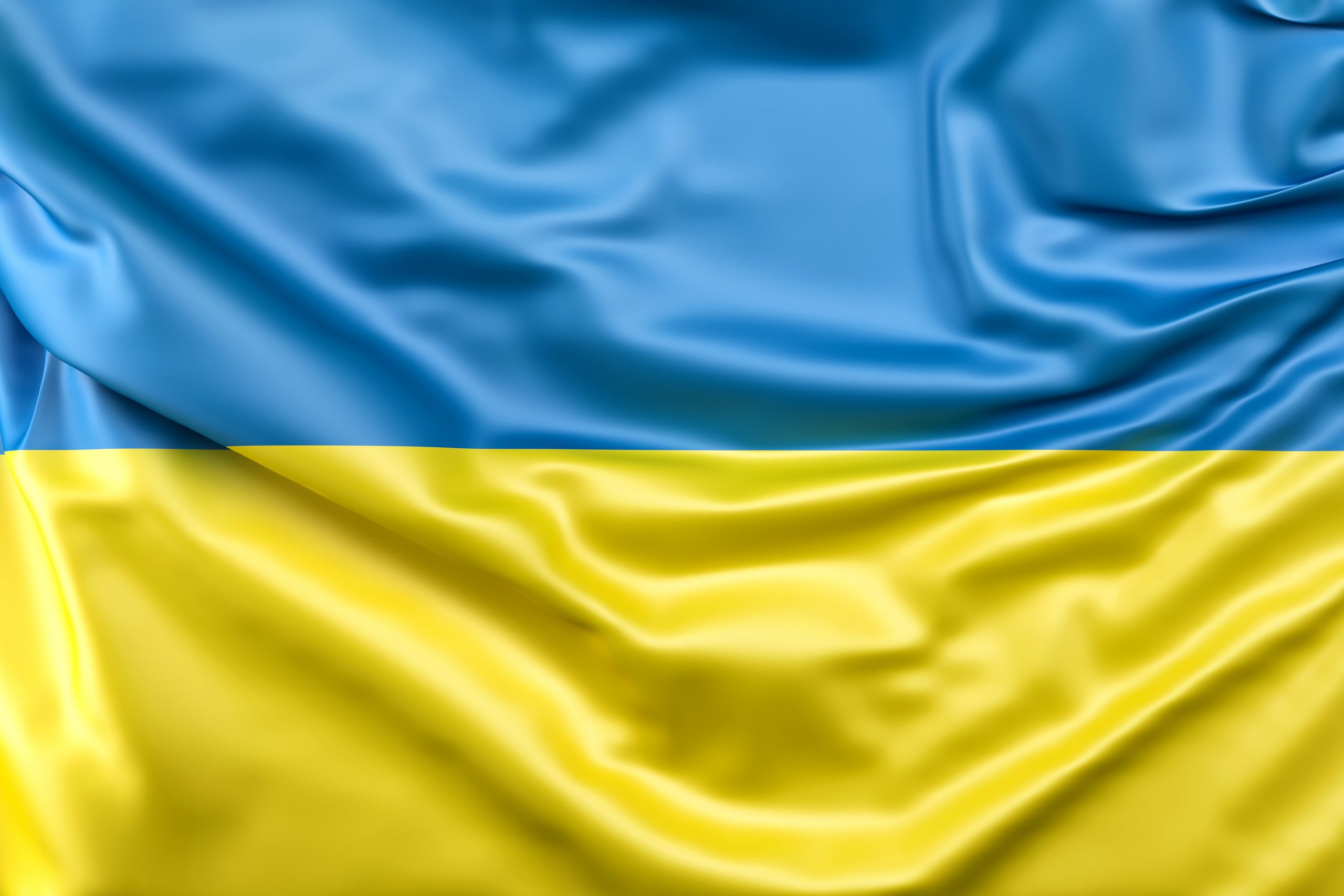Committee on Foreign Affairs of the European Parliament prepared a report on the Eastern Partnership (EaP) in the run-up to the online summit on 18.06 between the EU and the EaP countries. These proposals include a very broad scope of topics – the creation of a single economic space with EaP countries, consideration of extended international peacekeeping force along the Ukraine-Russia border and in the Luhansk and Donetsk districts, the establishment of the Eastern Partnership University in Ukraine, fight with corruption and disinformation, greater financial assistance, sanctions for human rights violations, etc.
The document will be sent to the Council, the Commission and High Representative for Foreign Affairs and Security Policy. The rapporteur on this issue is Petras Auštrevičius, a Lithuanian MEP that 5 years ago founded the EU Informal Group “Friends of European Ukraine” in the European Parliament.
The report states that EU accession is not foreseen under the framework of the Eastern Partnership, but current policy towards its countries (including Ukraine) “can facilitate a process of gradual integration into the EU”. Committee on Foreign Affairs says that the Eastern Partnership countries should further cooperate with the EU on “more for more” principle and that the EU should have a “tailor-made differentiation within the EaP”.
The paper recommends that the EU embarks “on a process to create a common economic space” with Eastern Partnership countries, gives them greater financial assistance and makes it “subject to conditions”. It is proposed to “react faster to the deterioration of the rule of law and democratic accountability in the EaP countries and apply smart conditionality, including by linking the provision of macrofinancial assistance to democratisation and reforms, so as to prevent the partner governments from further backsliding”.
The document points out that “strong, independent and efficient institutions at central and local level are key to democratic accountability, deoligarchisation, and the fight against corruption and state capture”. It was suggested that the space for corruption should be reduced “through increased transparency, accountability and promotion of clean behaviour among the population at large, strengthening the rule of law and promoting good governance”.
The report mentions Ukraine several times as an example: it was proposed to establish in all EaP countries “instruments similar to the Support Group for Ukraine” and make monitoring in the assessment process of reforms mandatory for the EaP governments “following the practice already established in Ukraine”. Committee on Foreign Affairs also proposes to “extend to other associated partners the approach employed by the EU in its efforts to support the recovery of the Ukrainian economy”.
MEPs propose to develop a European quality public administration in Ukraine and other EaP countries “by opening job-shadowing schemes, offering civil servants from EaP countries temporary placements in the relevant services of the EU institutions and Member States in specific areas”. Besides, there is a proposal to encourage the work of political foundations in fostering the next generation of political leaders in EaP countries. It is also suggested to support increased labour mobility between the EU and EaP countries and to “take into account the challenges posed to EaP countries by brain drain and address them by promoting quality and inclusive education, vocational training and other training programmes, and creating job opportunities with a view to providing socio-economic perspectives for young people and families in their local communities”. The report says also about launching “a pilot project aimed at establishing the Eastern Partnership Open Science and Innovation Centre”.
The report underlines that the EU should foster electoral reforms in the Eastern Partnership “to ensure free, fair, competitive and transparent elections and encourage full compliance of election processes”. Foreign Affairs Committee proposes to adopt an EU human rights violations sanctions mechanism or EU ‘Magnitsky Act’, “to be applicable to individuals or entities found in breach of human rights or essential freedoms, particularly by engaging in arrests, kidnappings, and beatings of civil society or opposition activists and journalists and in violent repression of peaceful protests, as well as those involved in high-level corruption cases in the EaP countries”.
The document says about particular attention “to the peaceful resolution of regional conflicts and the prevention and resolution of the new types of challenges, such as hybrid threats, cyberattacks, including election cyber-meddling, disinformation, and propaganda campaigns, and third-party interference in the political, electoral, and other democratic processes”. MEPs “strongly condemn the continued violations of fundamental principles and norms of international law in the EaP region, notably destabilisation, invasion, the occupation and annexation of territories of several EaP countries by the Russian Federation and its refusal to comply with the decisions of international tribunals and courts” and call “for the immediate withdrawal of foreign troops from all occupied territories and for an end to military hostilities”. European deputies want to see a more active role of the EU in the peaceful resolution of the ongoing conflicts and the prevention of any future conflicts in the Eastern neighbourhood. They urge the EU institutions to “take into consideration the calls made by the Ukrainian Government for an extended international peacekeeping force to be stationed along the Ukraine-Russia border and in the Luhansk and Donetsk districts; once the situation permits and as part of the full implementation of the Minsk Agreements, an EU-led CSDP mission should be offered for deployment to the parties to the conflict, to assist in tasks such as demining, preparations for local elections and securing free access for humanitarian aid organisations”. MEPs also strongly oppose “the blockade of the Azov Sea and the continued creeping annexation of the Black Sea by the Russian Federation”.
It is stated in the paper that the EU should continue its financial support “for the infrastructure and investment projects of EaP countries, increasing their resilience to cyberthreats and improving and modernising their education systems”. The report says that the EU assistance and programmes should “reach the local level, including in the remote parts of the EaP countries, in particular rural areas, so as to enable the inhabitants to push for positive changes in their communities, in particular, those more vulnerable to post-Soviet sentiments and Russian manipulation”.
Besides, Committee on Foreign Affairs wants to “enhance cooperation in building the societal and institutional resilience of the EaP countries with a stronger focus on countering disinformation, propaganda, manipulation and hostile influencing carried out by external forces aiming at dividing and destabilising the EaP countries, as well as undermining the integrity of their political processes and their relations with the EU”. European deputies propose to boost information campaign in the midst of the disinformation wave in the Eastern Partnership region, to use data more efficiently from the EEAS East StratCom Task Force to respond to disinformation and propaganda campaigns and to step up the support in the local fight against fake news.






 UA
UA FR
FR DE
DE




